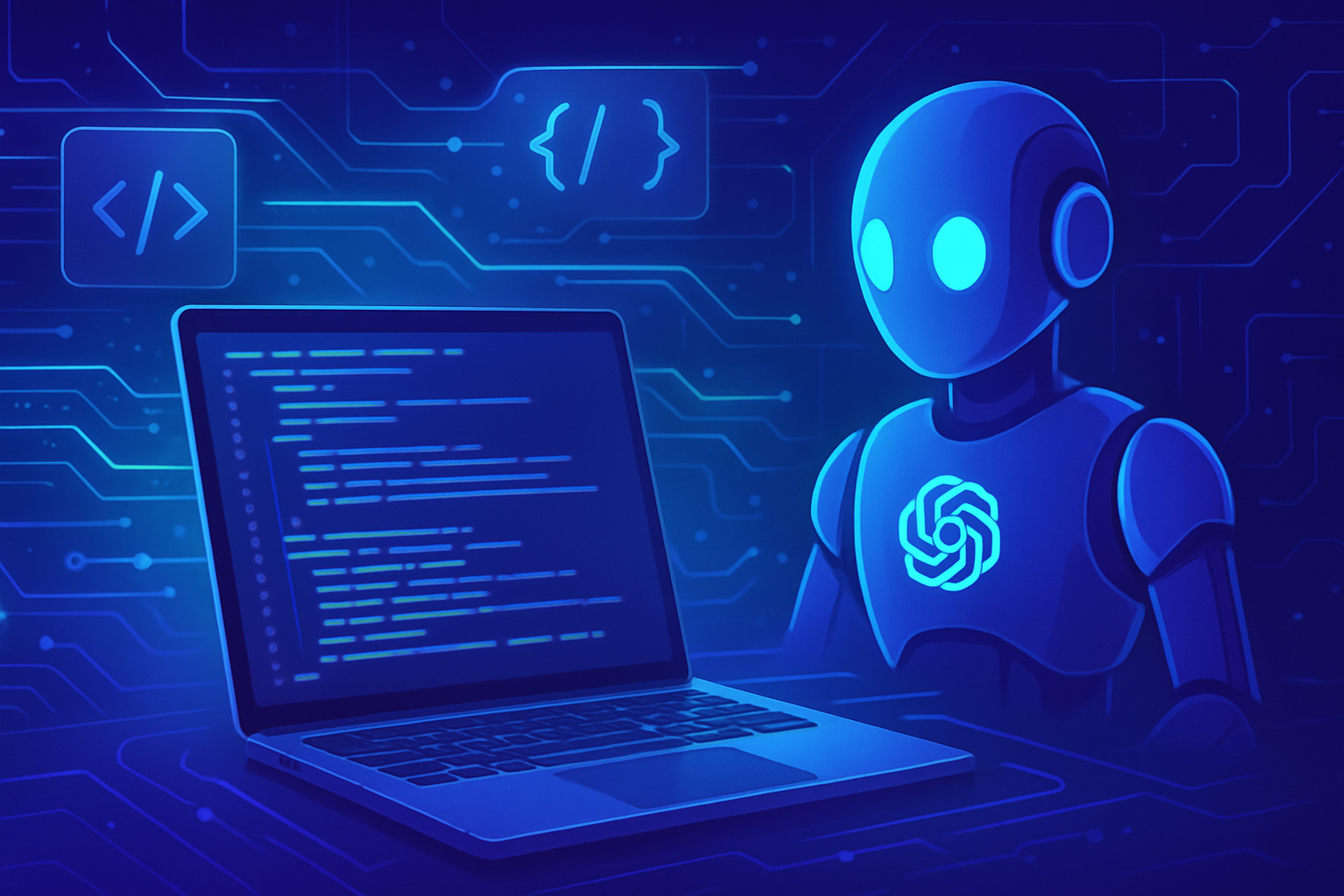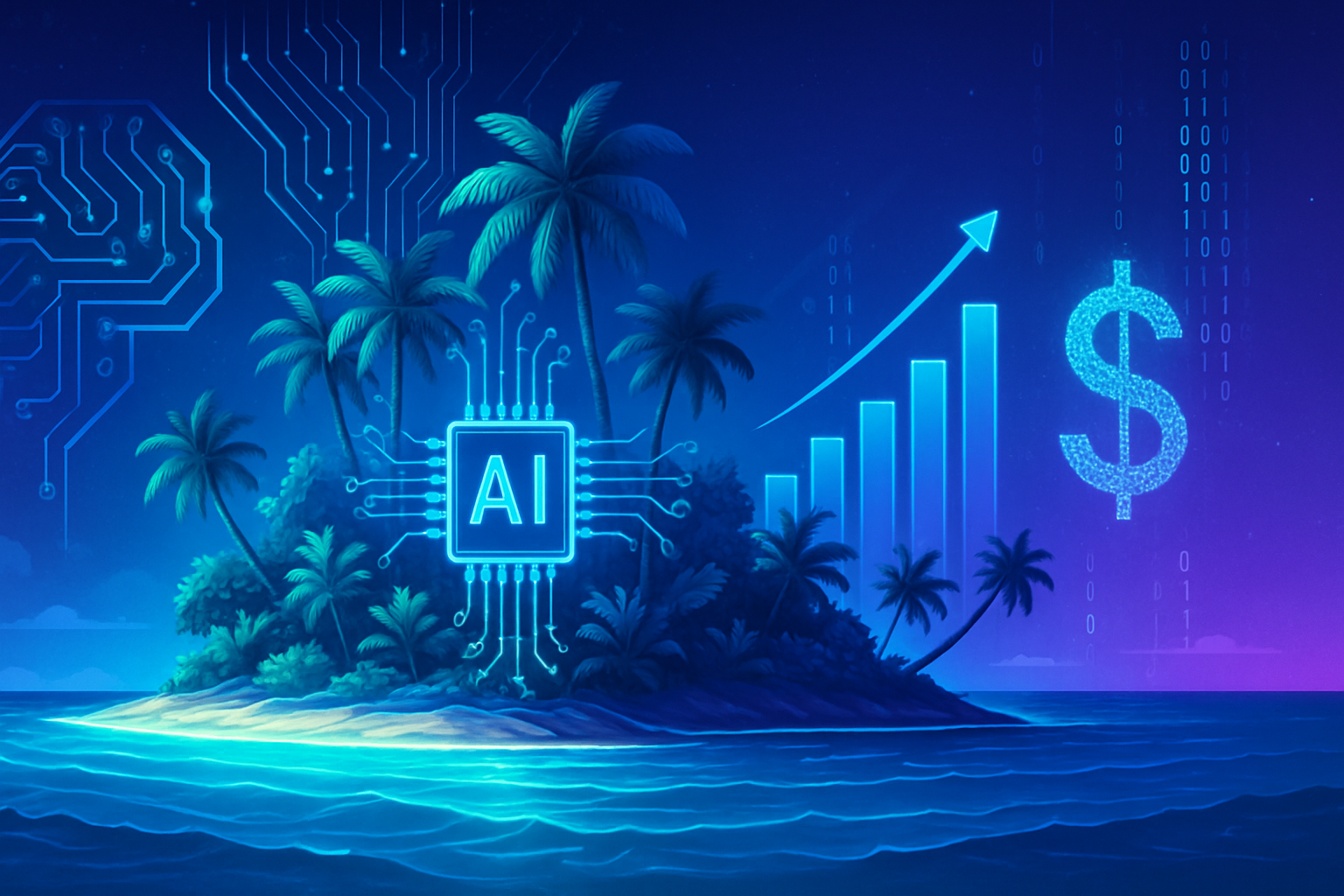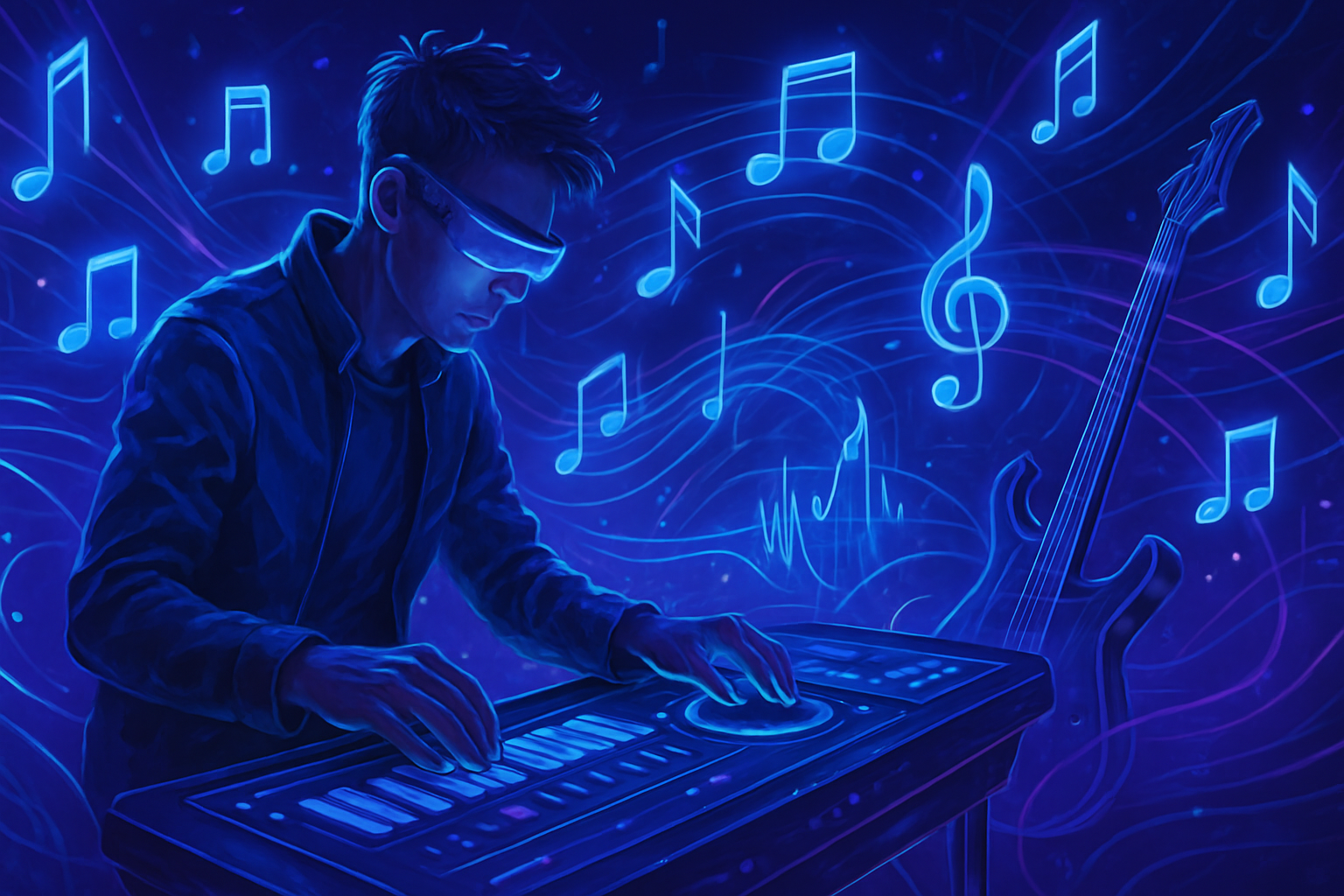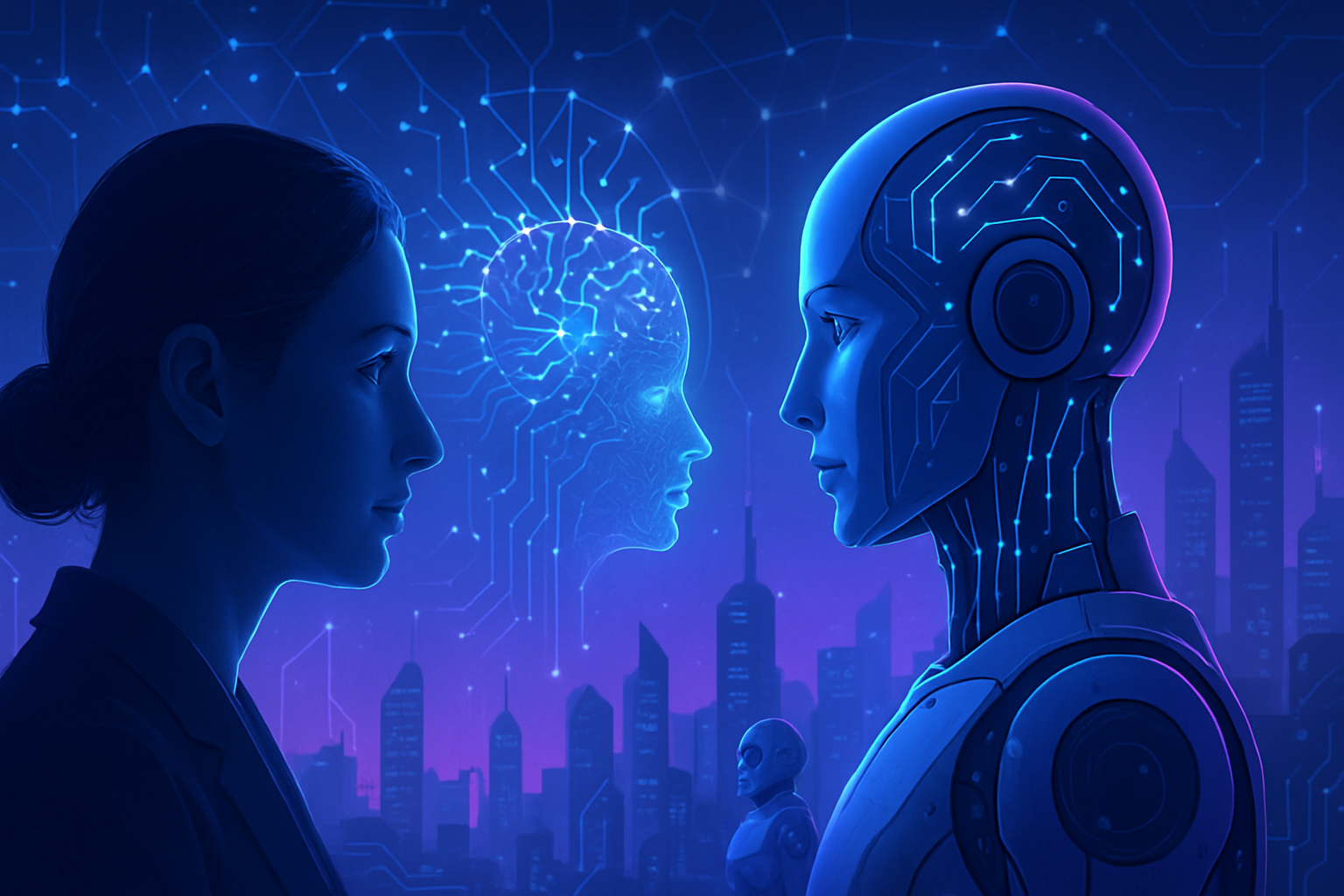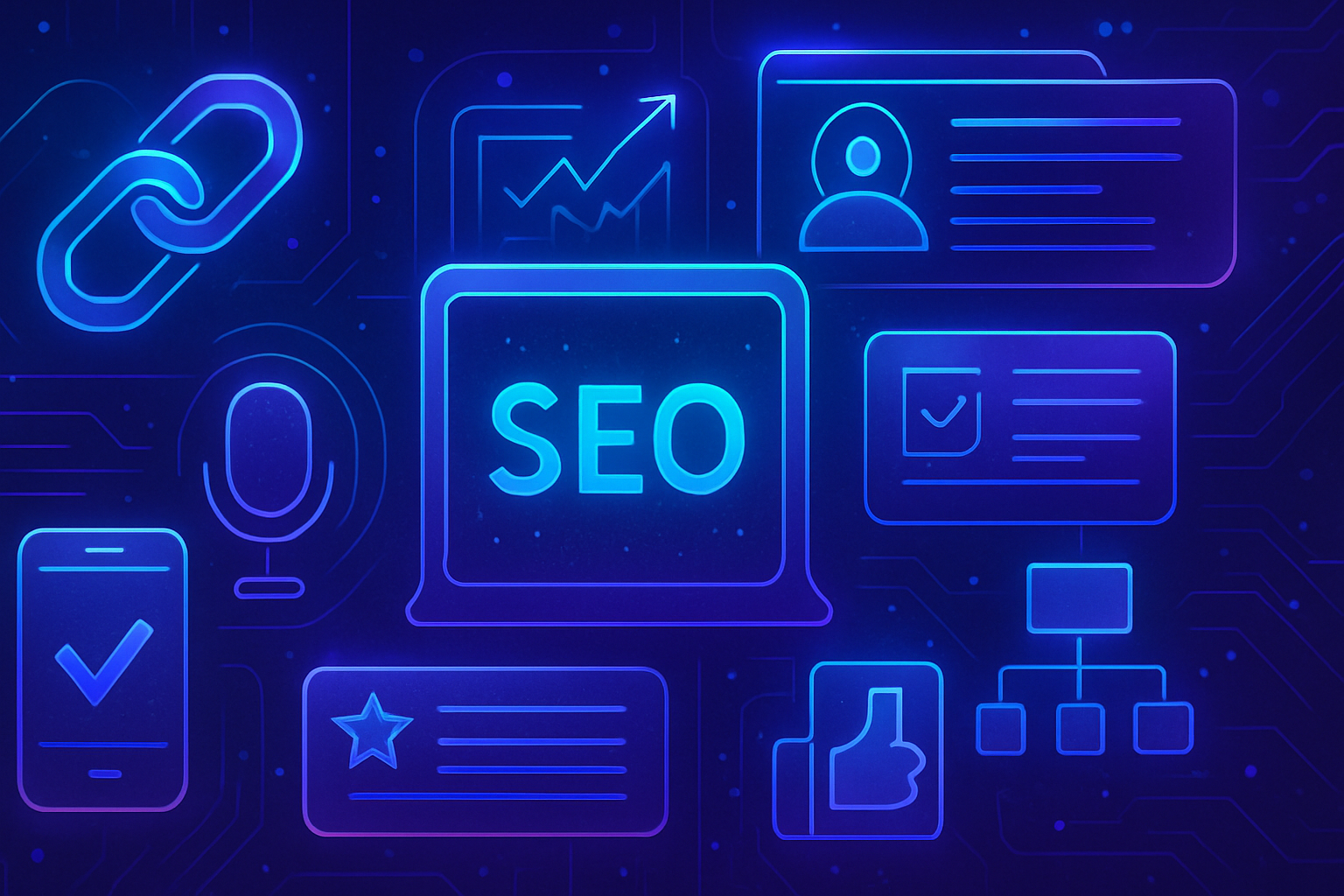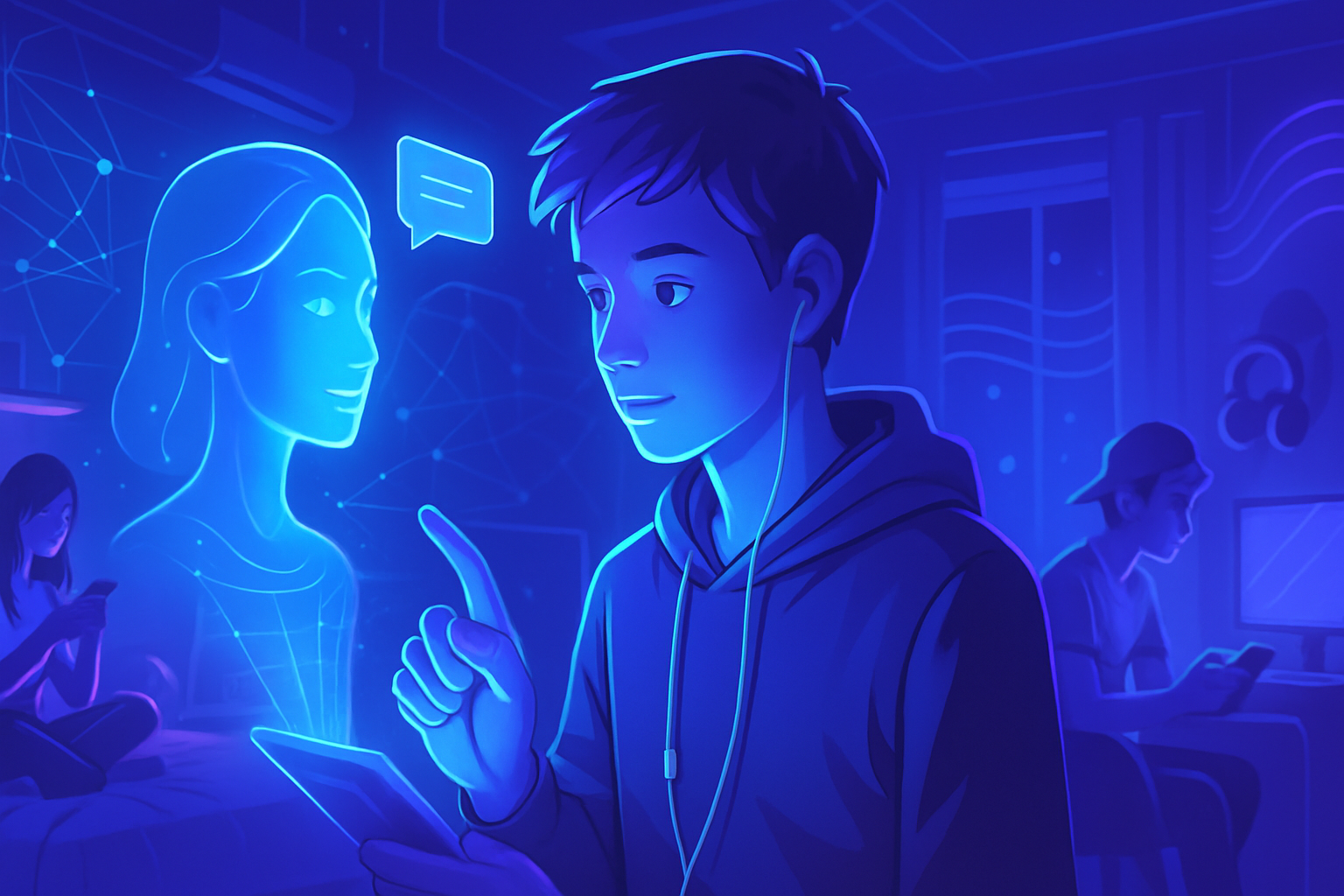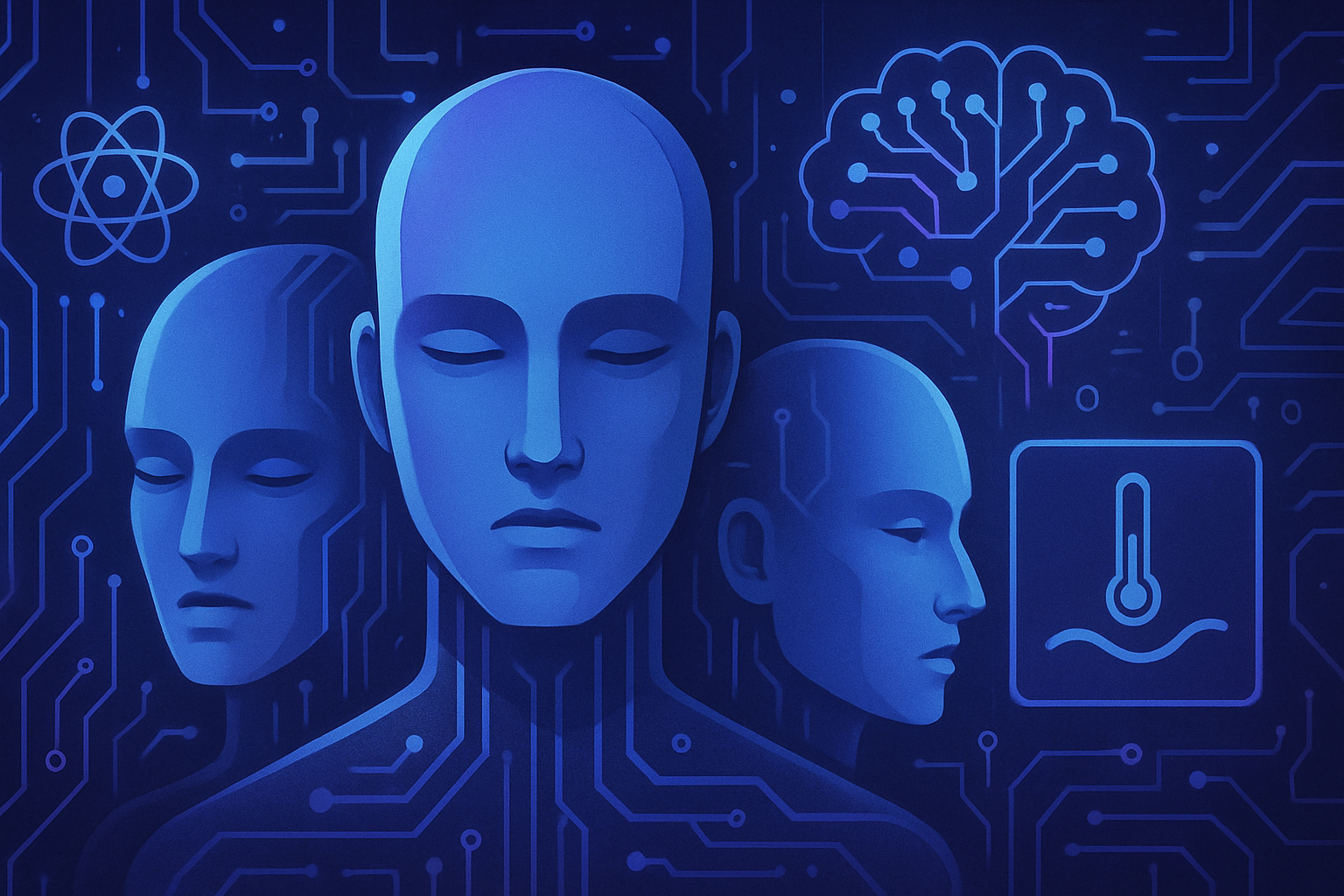Codex revolutionizes the landscape of software development. An programming assistance tool, it integrates seamlessly within ChatGPT. Automating code writing and bug fixing redefines the daily life of developers. This innovation promises to transform the efficiency and creativity of technical teams, allowing for a refocus on more strategic issues.
A significant advancement in software development
OpenAI has taken a major step with the launch of Codex, an artificial intelligence agent integrated into ChatGPT. Codex is designed to perform various programming tasks, thus providing essential support to developers. This new agent acts as a true virtual colleague, capable of writing code, fixing bugs, and executing tests autonomously.
Features of Codex
Codex is based on a specialized computing model, optimized for coding tasks. Unlike traditional coding tools, this agent operates in an isolated cloud environment, pre-loaded with the user’s specific code repository. It can thus execute multiple tasks simultaneously, ranging from writing new features to analyzing existing code.
An advanced learning model
To design this agent, OpenAI employed a reinforcement learning approach on a variety of programming tasks. Codex generates code that mimics human style, adhering to the instructions. It is capable of executing tests iteratively, ensuring reliable and conclusive results.
A seamless integration into the workflow
This system can be guided by AGENTS.md files, similar to README.md files. These files instruct Codex on how to interact with the code, what tests to perform, and what conventions to adopt. Each task is executed in a secure environment, and Codex provides verifiable evidence of its actions, thus facilitating process tracking by the user.
The impact on the daily lives of developers
Codex offers invaluable time savings for developers, allowing them to unleash their creativity. Repetitive tasks, such as refactoring or writing tests, are now managed by this agent. Its ability to structure features, fix bugs, and manage documentation aspects is a true asset for agile teams.
Future prospects
Currently, Codex is primarily limited to controlled environments, having no access to the Internet for security reasons. OpenAI, however, plans to expand this agent’s capabilities, aiming to enable it to manage end-to-end development projects. The ultimate goal is to integrate Codex into the development process in collaboration with humans.
Competitive context
This launch occurs in a constantly evolving technological landscape, where many companies are competing to develop artificial intelligence programming assistance tools. Google has introduced its Gemini Code Assist, while Anthropic has developed Claude Code. In the face of this competition, OpenAI recently acquired the startup Windsurf, formerly known as Codeium, to strengthen its position in this dynamic market.
Frequently asked questions
What is OpenAI’s Codex?
Codex is an artificial intelligence agent integrated into ChatGPT, designed to simplify the software development process by writing code, fixing bugs, and executing tests autonomously.
How does Codex help developers in their daily work?
Codex acts as a “virtual colleague,” allowing developers to free up time by automating repetitive tasks like refactoring and writing tests.
How does Codex execute tests on code?
Codex executes tests in a secure environment and provides verifiable results, allowing users to track each step of the process and ensure the quality of the generated code.
Can Codex suggest modifications to existing code?
Yes, Codex is capable of making modification proposals in the form of pull requests, facilitating the review and implementation of changes.
What type of programming languages can Codex handle?
Codex is trained to work with multiple programming languages and is optimized to generate code that mimics the style and preferences of human developers.
Does Codex have access to the Internet? If not, why?
No, Codex does not have access to the Internet for security reasons, which helps ensure a controlled and secure development environment.
Can users verify the work done by Codex?
Yes, users can validate Codex’s work through terminal logs and test results that provide evidence of its actions.
What are the prerequisites for using Codex?
Codex is currently available in preview for ChatGPT Pro, Team, and Enterprise subscribers and requires a code repository setup to function effectively.
How is Codex integrated into developers’ workflows?
Codex integrates naturally through AGENTS.md files that guide the agent on navigating the code, tests to execute, and conventions to follow.
What challenges does OpenAI address with the launch of Codex?
With Codex, OpenAI aims to automate software development, reduce repetitive tasks, and allow developers to focus on more creative and complex aspects of their projects.
